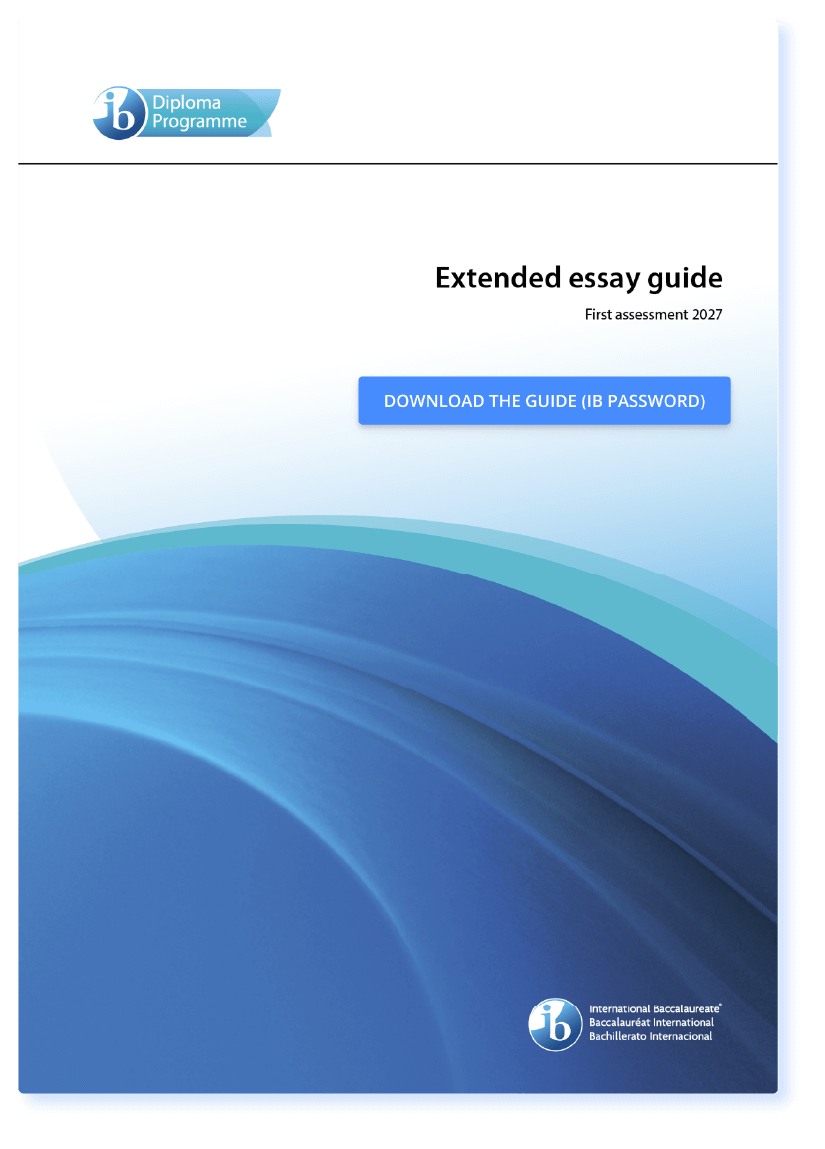
Two Research Pathways: A More Flexible Approach
Perhaps the most notable change is the introduction of two distinct research pathways within the Extended Essay structure. This adjustment opens up exciting possibilities for students, especially those with interdisciplinary interests.- The Interdisciplinary Pathway This pathway enables students to integrate knowledge, perspectives, and methods from two IB subjects to examine complex global issues. In essence, this resembles the former World Studies Extended Essay but now becomes a fully integrated option within the mainstream EE framework. Students who often found themselves torn between subject boundaries will now have the flexibility to weave together disciplines in meaningful ways.
- The Subject-Focused Pathway This is the traditional route most of us are familiar with — where students select a single IB subject and develop their essay within that disciplinary lens.
The Refined Assessment Criteria: Simplified and Streamlined
A significant improvement in the new framework is the revision of the assessment model. While the familiar five-criterion structure (A–E) remains, the criteria have been redefined for greater clarity, consistency, and coherence. Here's how the new criteria look:| Criterion | Focus | Marks |
|---|---|---|
| A | Framework for the Essay (Research question, methods, and structure) | 6 |
| B | Knowledge and Understanding (Subject-specific integration) | 6 |
| C | Analysis and Line of Argument (Critical thinking and argumentation) | 6 |
| D | Discussion and Evaluation (Interpretation of findings and research evaluation) | 8 |
| E | Reflection (Personal and academic reflection) | 4 |
What’s Different — and Why It Matters
- Separation of Analysis and Evaluation Previously bundled under Criterion C, the skills of building an argument (analysis) and evaluating findings (evaluation) are now assessed independently. This is a welcome change as it will help both students and supervisors clearly distinguish between these two vital components of academic research.
- The Disappearance of the Presentation Criterion Criterion D, previously dedicated to presentation, has been absorbed into Criterion A (Framework). This shift places more emphasis on the essay's structural integrity rather than merely formatting details, which should reduce the common confusion surrounding formatting's weight in assessment.
The Role of Reflection: Leaner but Deeper
Reflection retains its place in the EE, albeit with a reduced mark allocation — down from 6 marks to 4. However, this is not a reduction in importance. Criterion E will now focus more explicitly on how students:- Develop research and academic skills.
- Engage thoughtfully with challenges and setbacks.
- Adapt their approach through the research process.
Revamped Support Materials: The Change We’ve Been Hoping For
One of the most anticipated improvements is the promise of updated support materials for both students and supervisors. According to the IB, we can expect:- Targeted essay exemplars for both interdisciplinary and subject-specific pathways.
- Self-paced learning modules tailored for supervisors to better understand the nuances of the updated framework.
- Enhanced guidance on crafting arguments, engaging in analysis, and improving evaluative commentary — historically challenging aspects of the EE for students.
Why These Changes Matter
In summary, the upcoming changes to the Extended Essay, effective September 2025, introduce new research pathways, refine the assessment criteria with a clearer distinction between analysis and evaluation, adjust the focus of reflection, and promise updated support materials potentially structured by subject group. While full details and resources are still forthcoming from the IB, these known changes suggest a move towards greater flexibility and clarity. Coordinators and supervisors should prepare to familiarize themselves with the new framework and guidance materials as they become available to effectively support students through this evolved research process.On-Demand Webinars

IB Extended Essay 2025: Essential Updates & Expert Insights
Play NowThe Learning Management Digest
Subscribe today to receive our latest resources, events, updates and so much more – specially curated for you, and delivered straight to your inbox.


